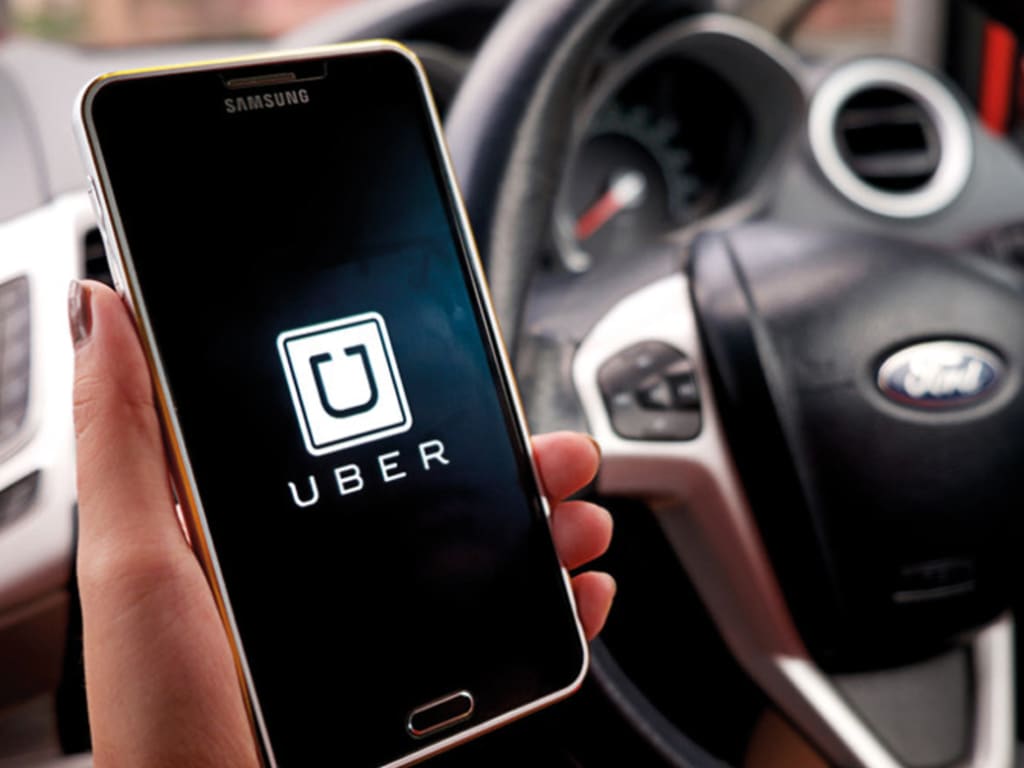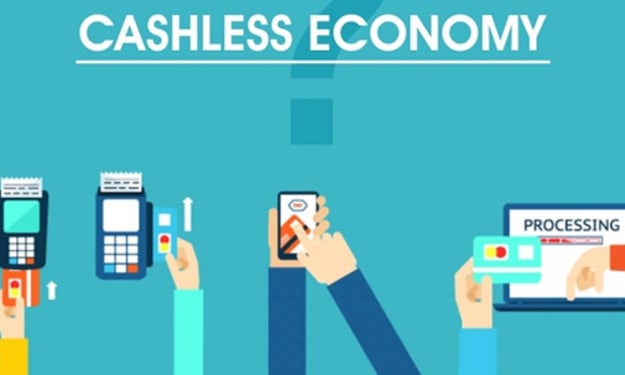The Disruptive Power of Airbnb and Uber, A New Era of Sharing Economy
Tracing the rise of Airbnb and Uber as they revolutionize the hospitality and transportation industries, and the challenges they face in regulatory environments.

Introduction
In recent years, the sharing economy has emerged as a disruptive force, revolutionizing the way we travel and access services. At the forefront of this transformation are Airbnb and Uber, two industry giants that have challenged traditional business models and reshaped entire industries. In this article, we will explore the disruptive power of Airbnb and Uber, delve into their origins and growth, analyze the impact they have had on their respective industries, and examine the opportunities and challenges they face in this new era of the sharing economy.
The Rise of Airbnb: Redefining Hospitality
Founded in 2008 by Brian Chesky, Joe Gebbia, and Nathan Blecharczyk, Airbnb disrupted the hospitality industry by allowing homeowners to rent out their properties to travelers. Through its online platform, Airbnb provided a new way for people to find unique and affordable accommodations, bypassing traditional hotels and lodging options. The company quickly gained popularity and expanded its services to include experiences and long-term rentals.
Airbnb's success can be attributed to its user-friendly platform, its ability to provide a personalized and authentic travel experience, and its strong emphasis on trust and safety. By unlocking the potential of unused spaces, Airbnb tapped into a vast inventory of accommodations worldwide and transformed the way people travel and connect with local communities.
The Uber Phenomenon: Reinventing Transportation
Travis Kalanick and Garrett Camp founded Uber in 2009 with a vision to revolutionize the transportation industry. By connecting riders with independent drivers through a mobile app, Uber disrupted the traditional taxi and car service model. The company's convenient booking process, upfront pricing, and cashless transactions offered a seamless and innovative alternative to traditional transportation.
Uber's success can be attributed to its focus on technology, its ability to leverage existing assets (private vehicles), and its commitment to improving the transportation experience. The company's rapid expansion into cities worldwide, coupled with its introduction of various service options like UberX, UberPOOL, and UberEats, solidified its position as a market leader and transformed the way people move around in urban areas.
The Sharing Economy Impact
The disruptive power of Airbnb and Uber extends beyond their respective industries. They have had a profound impact on local economies, employment opportunities, and urban transportation dynamics.
For homeowners and property owners, Airbnb provided a new income stream by enabling them to monetize their unused spaces. This created economic opportunities, especially in areas with high tourist demand. However, it also raised concerns about housing affordability, rental availability, and the impact on local communities.
Uber's impact on the transportation industry was significant. It provided more convenient and accessible transportation options for riders and created flexible income opportunities for drivers. However, it also raised regulatory and labor concerns, as the gig economy model challenged traditional employment structures and led to debates over worker classification and benefits.
Opportunities and Challenges
As Airbnb and Uber continue to expand and evolve, they face a range of opportunities and challenges. One opportunity lies in expanding their services and diversifying their offerings. Airbnb has expanded into experiences, allowing travelers to book unique local activities, while Uber has ventured into the delivery and logistics space with services like UberEats and Uber Freight.
Both companies also face regulatory challenges and public scrutiny. They need to navigate complex legal landscapes, address concerns over safety and security, and work with governments and local communities to find a balance between innovation and compliance.
Conclusion
The disruptive power of Airbnb and Uber in the sharing economy has transformed the way we travel, access services, and think about traditional industries. These companies have challenged established norms, empowered individuals, and created new economic opportunities. However, they have also faced criticism, legal battles, and regulatory hurdles as they reshape industries and societal norms.
As the sharing economy continues to evolve, companies like Airbnb and Uber will play a pivotal role in shaping its future. Their ability to adapt, innovate, and address concerns surrounding safety, regulation, and sustainability will determine their long-term success and their impact on the global economy and society. The disruptive power of Airbnb and Uber has ushered in a new era of sharing economy, and its potential for further transformation is only just beginning.
About the Creator
Tyler Darelift
Hi, Im an Content Writer





Comments
There are no comments for this story
Be the first to respond and start the conversation.